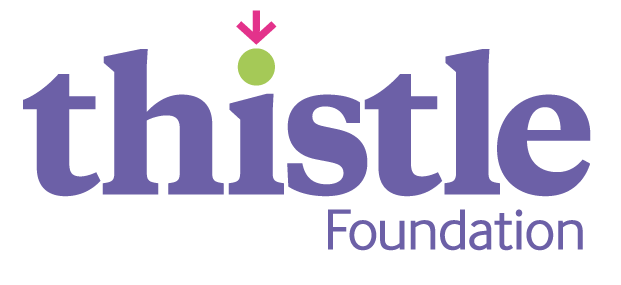Good conversations training
About the course
This course holds that irrespective of professional discipline, there exists a common value base and set of skills which enables workers to orientate towards what matters most to people and what they want to achieve.
The course also explores how to harness the role of the person, their strengths, social networks and community supports, with a particular focus on supporting people who are dealing with difficult situations or living complex and challenged lives.
These skills enhance workers’ abilities in assessment and planning of care support and rehabilitation as well as supporting an orientation towards wellbeing, prevention, anticipatory care and support for self-management.
Time will also be spent looking at how the value base and skills can support Good Conversations between colleagues and at home.
Thistle Foundation is facilitating these 3 day practice development sessions to health and social care workers who are hoping to further embed a personal outcomes approach into their practice.
The aim is to build confidence in holding outcomes focused conversations – ‘good conversations’ – in a variety of common and difficult situations.
Over the three days the following modules will be covered:
Introduction to personal outcomes and asset based approaches
Values and beliefs which support an outcomes approach
Introduction to facilitation: the non-expert stance
Deep listening
Overview of outcomes focused conversations – engagement, planning, review
Engagement – discovering what’s important to people: the exchange model
Planning – an assets based approach to harnessing the strengths of the individual, the role of others, community supports as well as services
Review – reviewing and building on progress, learning from setbacks, responding to feedback
In these highly participatory sessions the facilitators will encourage participants to bring and use their existing knowledge and experience to contribute to the learning experience. A variety of learning methods will be used, ranging from demonstration, video, group exercises, practice exercises and discussion.
Who the course is for
This course is for practitioners who have a general understanding of the personal outcomes approach. This could be practitioners who are involved directly in having outcomes focused conversations with people they support, or who have responsibility for supporting and/or training colleagues.
Session format
Three full, in person, days or four half day online sessions, followed up with reflective practice.
Throughout the course a variety of learning methods will be used including: demonstration, video, group exercises, practice exercises and discussion. Time and support will be provided during the sessions to plan and prepare to carry out action inquiries or small tests of change back in the workplace between learning sessions.
Course outcomes
The skills practitioners will develop on this course will enhance their ability across assessment and planning of care support and rehabilitation, as well as supporting an orientation toward wellbeing, prevention, anticipatory care and support for self-management.
